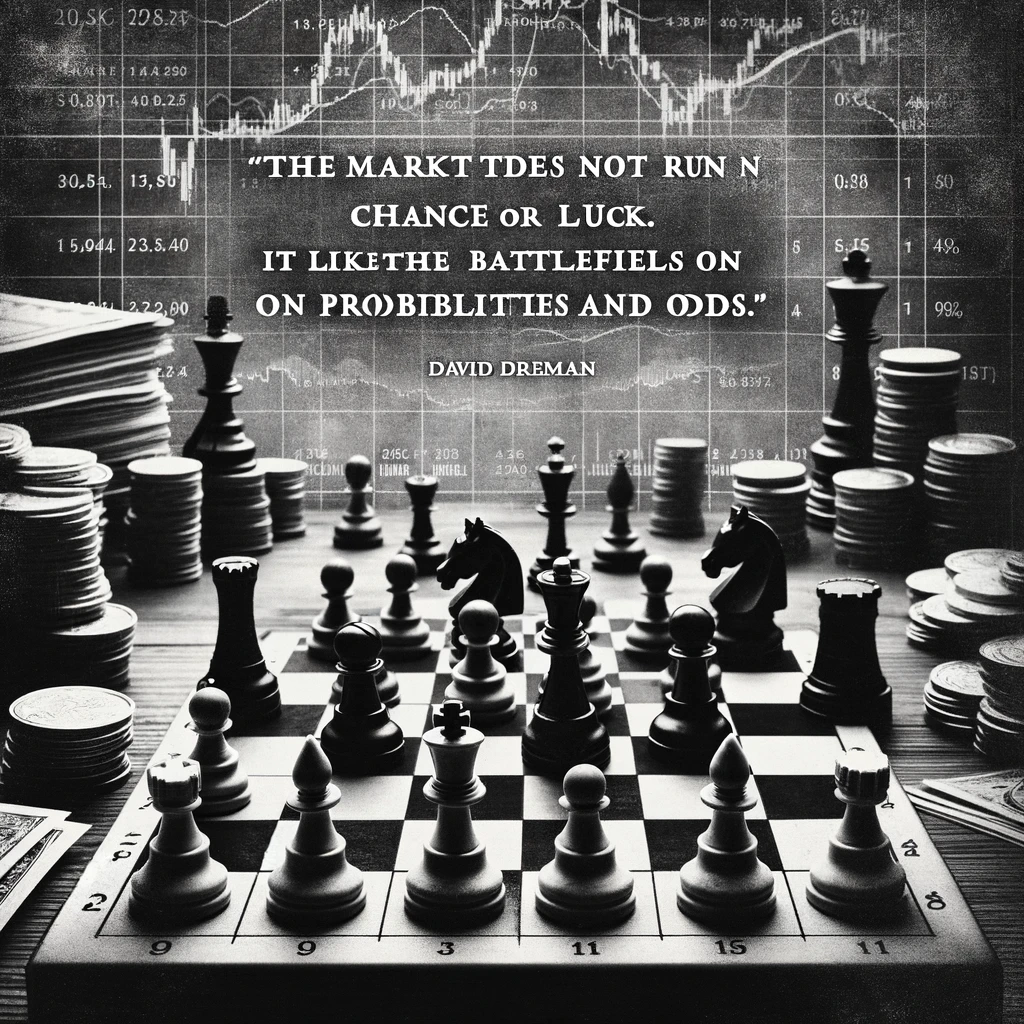This week promises to be another bustling period for traders and investors alike, packed with key economic indicators and earnings reports that could sway market sentiments and trading strategies. Here’s a closer look at the events on the horizon:

Monday: New Home Sales Data
The week kicks off with the release of New Home Sales data. This metric is a critical indicator of economic health, reflecting consumer confidence and spending power. Strong sales figures can signal robust demand, potentially boosting related sectors and the broader market.
Tuesday: CB Consumer Confidence Data
Tuesday brings the CB Consumer Confidence index, a vital gauge of household spending and sentiment. High confidence levels suggest consumers are more likely to spend, which can drive economic growth and positively impact markets.
Wednesday: US Q4 2023 GDP Data
Midweek, attention turns to the US GDP data for the fourth quarter of 2023. This comprehensive report measures the economy’s overall output and growth rate, offering insights into the economic recovery’s strength. Positive surprises here could fuel market rallies, while disappointments may trigger caution.
Thursday: January PCE Inflation Data
The Personal Consumption Expenditures (PCE) Inflation data on Thursday is particularly noteworthy, given its role as the Federal Reserve’s preferred inflation gauge. This report could influence future monetary policy decisions, making it a critical watchpoint for interest rate projections and market direction.
Earnings Season Continues
Amidst these economic reports, approximately 10% of S&P 500 companies are set to release their earnings. These earnings reports provide a snapshot of corporate health and profitability, offering valuable insights into various sectors and industries. Positive earnings surprises can lift individual stocks and sectors, while disappointments may weigh on market sentiment.
In summary, this week’s lineup of economic data and earnings reports is set to provide traders and investors with crucial insights into the economy’s health, consumer sentiment, inflation pressures, and corporate profitability. Each of these events has the potential to influence market trends, making it a week filled with opportunities and risks. As always, staying informed and agile will be key to navigating the week’s developments successfully.
Related Posts
- 57This week, despite being shortened by the observance of Presidents Day with markets closed on Monday, promises a packed schedule of key events that could significantly impact financial markets: 1. Presidents Day, Markets Closed - Monday The week kicks off with a quiet start as U.S. financial markets take a…
- 51The US Conference Board Consumer Confidence Index measures American public sentiment on economic conditions, impacting spending and growth. The index, derived from surveys, has two components: Present Situation and Expectations. High consumer confidence spurs spending, while low confidence may curtail it. Employment, economic news, and political events shape confidence, which…
- 46The US New Home Sales report is essential for assessing the housing market's health and the overall economy. It reflects consumer confidence and economic conditions, impacting job creation and monetary policy. Influenced by interest rates, economic health, demographics, and government policies, this report illuminates broader economic trends and aids stakeholders…
- 45Here are five simple notions, found in Damn Right!: Behind the Scenes with Berkshire Hathaway Billionaire Charlie Munger, that Charlie Munger, the Billionaire business partner of Warren Buffett, finds helpful in solving problems. 1. Simplify 2. Numerical Fluency 3. Invert 4. Study The Basics 5. Lollapalooza Effects http://www.farnamstreetblog.com/
- 42The US Durable Goods Orders report is a key economic indicator that shows the volume of new orders for long-lasting manufactured goods, signaling business and consumer investment confidence. It helps gauge economic health, business investment trends, and influences market sentiment and policy decisions. The report, excluding volatile transportation orders, offers…





